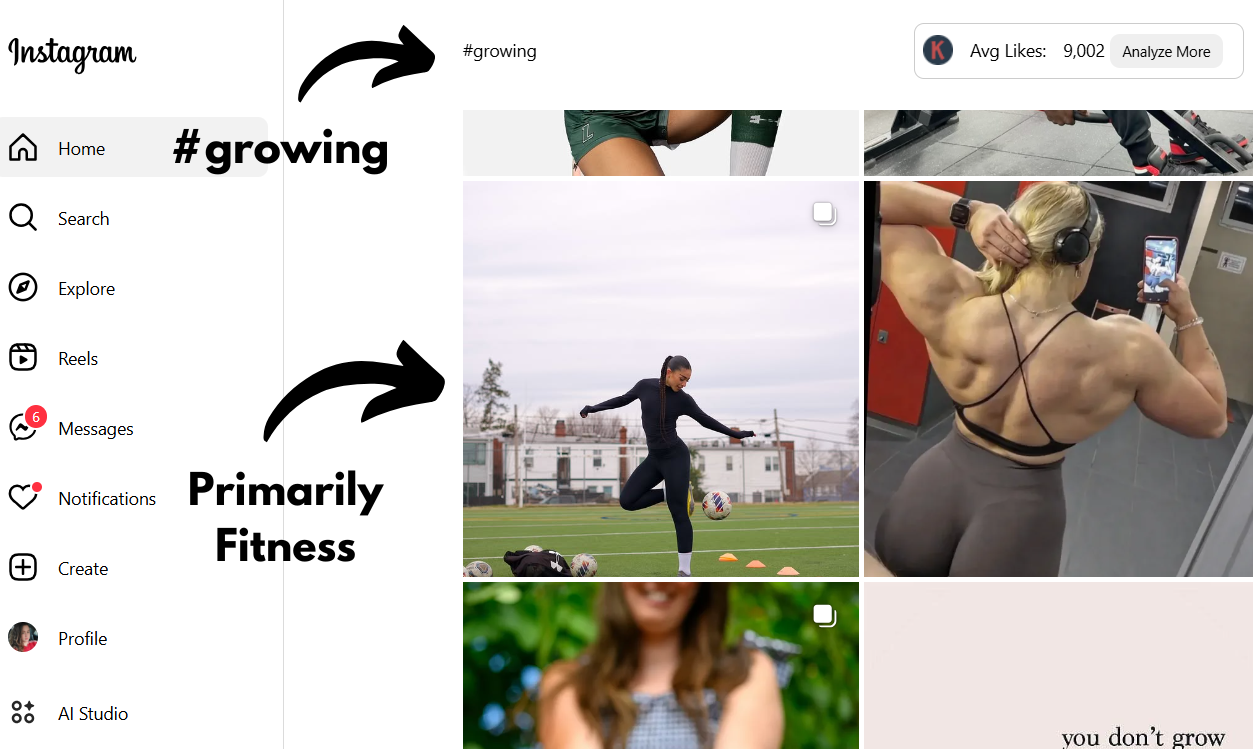Finding Your Audience: Hashtags and Keywords
Hello, readers and fellow Praxians! Have you ever wondered how people find your content or website? With seemingly endless content on the internet, how do you make yours stand out? Using hashtags and keywords is like adding labels to your content, helping both search engines and people discover it.
How to Use #Hashtags
Hashtags act as labels that tell algorithms which audience to show your content to. Let’s use Instagram as an example. You can search for a hashtag you’re considering and see the kind of engagement it gets.
Here are some methods for choosing effective hashtags:
Bigger is not always better – While popular hashtags attract a large audience, they also come with high competition. Using less saturated hashtags can help your content stand out.
Be specific to your audience – Unless your goal is pure virality, you should focus on reaching a targeted audience. The more niche your hashtags, the more likely you’ll attract people genuinely interested in your content.
Use 3-5 hashtags – While there is some debate over the ideal number, a good rule of thumb is to include 3-5 relevant hashtags per post.
Check how hashtags are used – Hashtags can have different meanings depending on the community. For example, #growing can be used for plants but is dominated by the fitness community.
SEO Keywords
SEO (search engine optimization) has many facets, one of which is keywords—the words people enter into search engines to find relevant content. To increase your website’s visibility:
Optimize for specific keywords – Just like hashtags, niche keywords with less competition often present easier growth opportunities, even though they have less traffic.
Check where you rank – When you search for an industry-related keyword, where does your website appear in the results?
Higher rank = better CTR – If you want a higher click-through rate (CTR), aim to rank higher in search results. The closer you are to the top, the more likely users will click on your site.
Here’s an example of keyword research for Trello using Moz (SEO software):
Identifying SEO Competitors
Your SEO competitors may differ from your traditional business competitors. In SEO, any website using similar keywords is a competitor, even if it belongs to a different industry. For example, Trello (a task management tool) has Reddit (a social media platform) as a top SEO competitor.
Thanks for reading!



